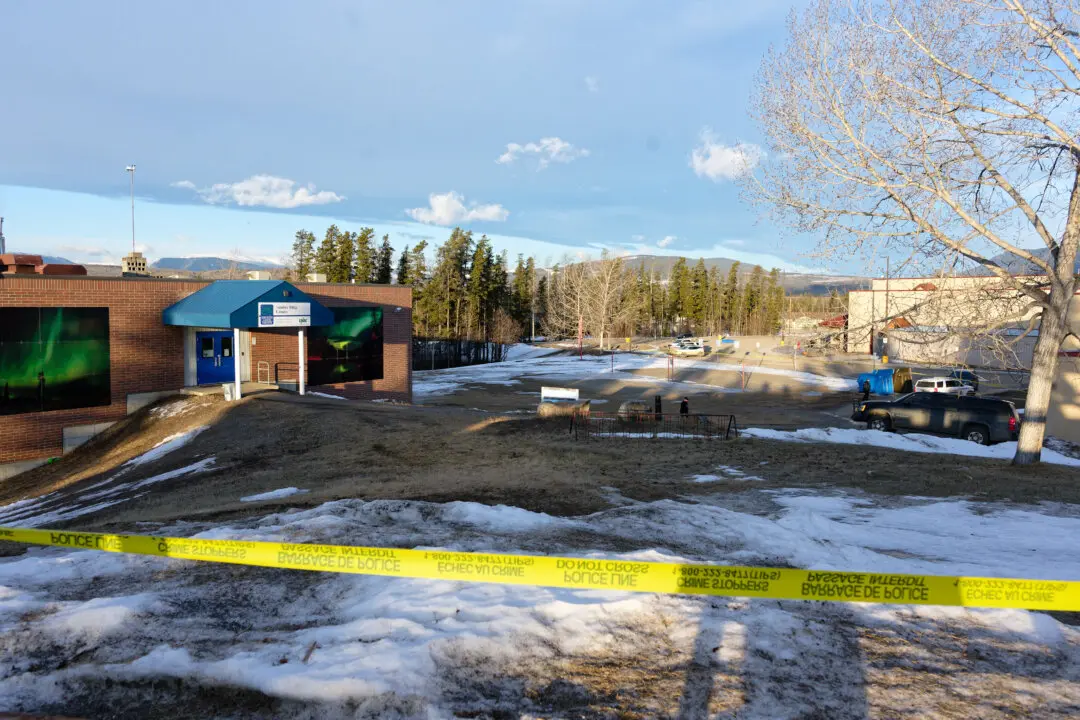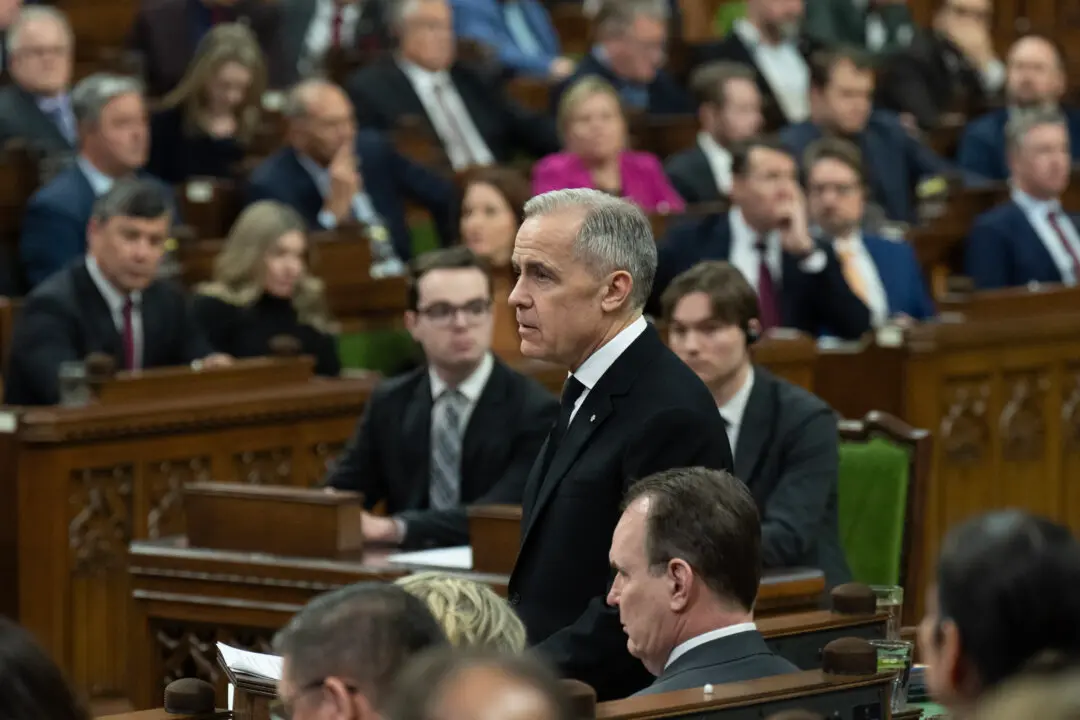Ontario has announced its plan to extend its gas and fuel tax rate cuts through the end of the year, seeking to offset what it calls Ottawa’s “terrible” April 1 carbon tax hike.
The provincial tax cut, which went into effect in July 2022, reduced the gasoline tax by 5.7 cents per litre and the diesel fuel tax by 5.3 cents per litre. The cut was scheduled to expire on June 30. New legislation could now see it remain in place until Dec. 31





